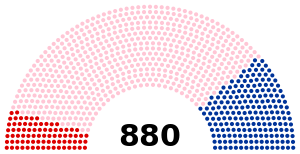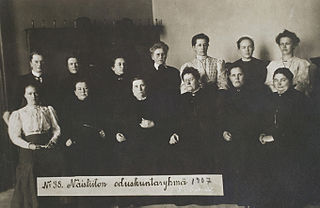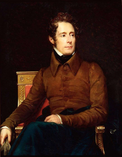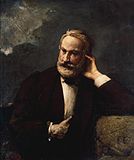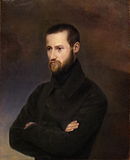
Victor Marie Hugo was a French poet, novelist, and dramatist of the Romantic movement. Hugo is considered to be one of the greatest and best-known French writers. Outside France, his most famous works are the novels Les Misérables, 1862, and The Hunchback of Notre-Dame, 1831. In France, Hugo is known primarily for his poetry collections, such as Les Contemplations and La Légende des siècles.
The Lebu are an ethnic group of Senegal, West Africa, living on the peninsula of Cap-Vert. The Lebu are primarily a fishing community, but they have a substantial business in construction supplies. They speak Lebu Wolof, which is closely related to Wolof proper but is not intelligible with it. Their political and spiritual capital is at Layene, situated in the Yoff neighborhood of northern Dakar. They have a religious sect and theocracy, the Layene, headquartered there.

Jules Barthélemy-Saint-Hilaire was a French philosopher, journalist, statesman, and possible illegitimate son of Napoleon I of France.
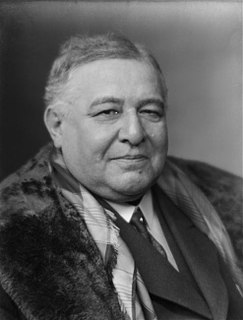
Léon Daudet was a French journalist, writer, an active monarchist, and a member of the Académie Goncourt.
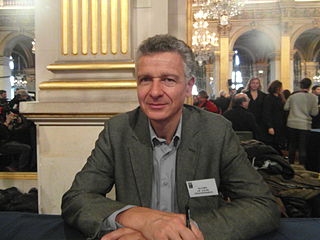
Olivier Le Cour Grandmaison, is a French politist and author whose work chiefly centres on colonialism. He is best known for his book Coloniser, Exterminer - Sur la guerre et l'Etat colonial.
Hippolyte Castille was a French writer and polemicist.

Joseph Charles Hippolyte Crosse was a French conchologist.
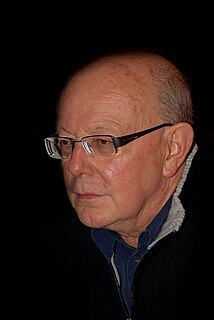
Jean-François Kahn is a French journalist and essayist.

Antoine Jay was a French writer, journalist, historian and politician.

The Place Ampère is a pedestrian square located in the Ainay square, in the 2nd arrondissement of Lyon. It is nearly the middle of the rue Victor Hugo and is served by the metro station Ampère - Victor Hugo.
The Estates General of French Canada were a series of three assizes held in Montreal, Quebec, Canada between 1966 and 1969. Organized by the Ligue d'action nationale and coordinated by the Fédération des Sociétés Saint-Jean-Baptistes du Québec (FSSJBQ), the stated objective of these Estates General was to consult the French-Canadian people on their constitutional future.

Victor Griffuelhes was a French socialist and leader of the General Confederation of Labour (CGT) in France. He was drawn to anarcho-syndicalism and advocated the establishment of socialism through independent trade union action.
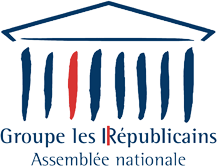
The Republicans group, formerly the Union for a Popular Movement group, is a parliamentary group in the National Assembly including representatives of The Republicans (LR), formerly the Union for a Popular Movement.
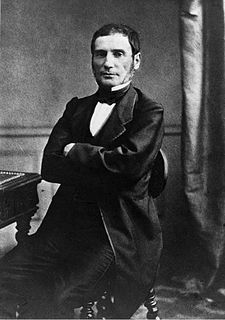
Ariste Jacques Trouvé-Chauvel was a French businessman, banker and politician. He was briefly Minister of Finance towards the end of 1848.

The 42nd Quebec general election was held on October 1, 2018, to elect members to the National Assembly of Quebec. The election saw a landslide victory for the Coalition Avenir Québec (CAQ) led by François Legault won 74 of 125 seats, giving the party a majority and unseating the Quebec Liberal Party. The Liberals became the Official Opposition with 31 seats.
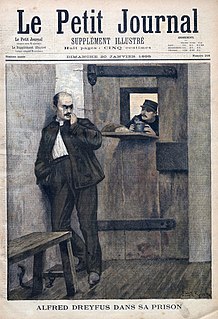
Fortuné Louis Méaulle was a French wood engraver and writer.

Ernest Hamel (1826-1898) was a French lawyer, poet, historian, journalist and politician. He served as a member of the French Senate from 1892 to 1898, representing Seine-et-Oise.
Baron Alphonse Victor Chrétien Balleydier was a 19th-century French man of letters, historian and historiographer.
In the run up to the 2019 Belgian federal election, various organisations carry out opinion polling to gauge voting intention in Belgium. Results of such polls are displayed in this article.
The first round of the 2022 French presidential election will be held between 8 and 23 April 2022, with the second round held two weeks after the first. Should no candidate win a majority of the vote in the first round, a runoff will be held between the top two candidates two weeks later. The incumbent president is Emmanuel Macron of La République En Marche!, who won the 2017 presidential election and whose term lasts until 13 May 2022.
